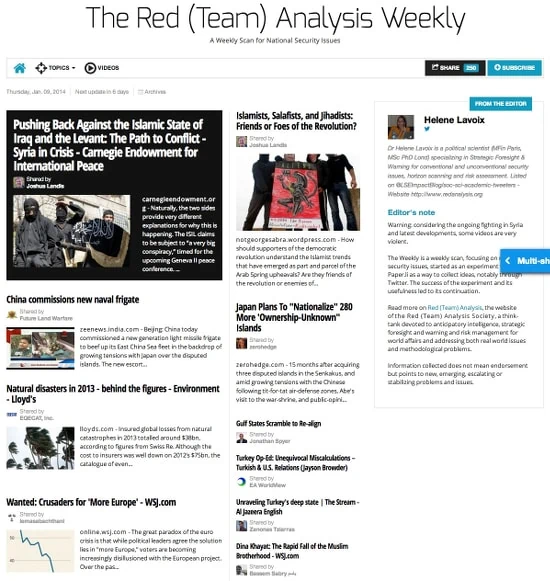Editorial – Contrasts – The year starts with interesting contrasts. On the one hand we have more than worrying trends. The Syrian conflict continues spreading as, notably, Iraq seems to be falling back into war – as could be expected from the continuously rising numbers of attacks and death over 2013 (if you have not seen it yet RT has followed it through a grimly beautiful 2013 Iraq Year of Carnage and there are of course the UN data), as Lebanon knows (again) increasingly violent attacks, on the backdrop of a (related) transmutation at work in the Middle East. The tension between China and Japan does not ease, far from it, and could very well engulf South Korea. The situation in the Far East is dangerous, and increasingly so as weeks go by. Finally, there is also the return on the media agenda of Europe as elections approach when the economic and financial situation has not improved, at least from the point of view of citizens.
On the other hand we have a rising focus on capabilities, notably technological ones, with an emphasis on cyber-security, the internet of things, drones, etc. and (hopefully only apparently) a shift towards these issues (e.g. Pentagon Intel Shift Focuses on Cyber, S&T). Considering the unstable state of the world, we would also hope to see a renewed interest in hiring analysts, in setting up global strategic centers etc. The risk here could be (if further specific research confirmed it) that we are facing an either / or situation, with the emphasis put on capabilities implying a neglect of the actors’ intentions, of strategy and of attempting to understand and consider complex situations in all their dimensions. Ideally dealing with one type of issues should not mean that the others are forgotten.
Also to note, the different ways Lloyd’s and Munich-Re deal with the now known figures resulting from the 2013 natural catastrophes. The latter especially underlines the good news (a good year , especially for the U.S., compared with previous years as the overall cost is much lower). The former, although noting similar data, looks “behind the figures”, at specific events and anomalies and finds that “the catalogue of events contained some important lessons for them [the insurers].”
Click on the image below to read on Paper.Li


